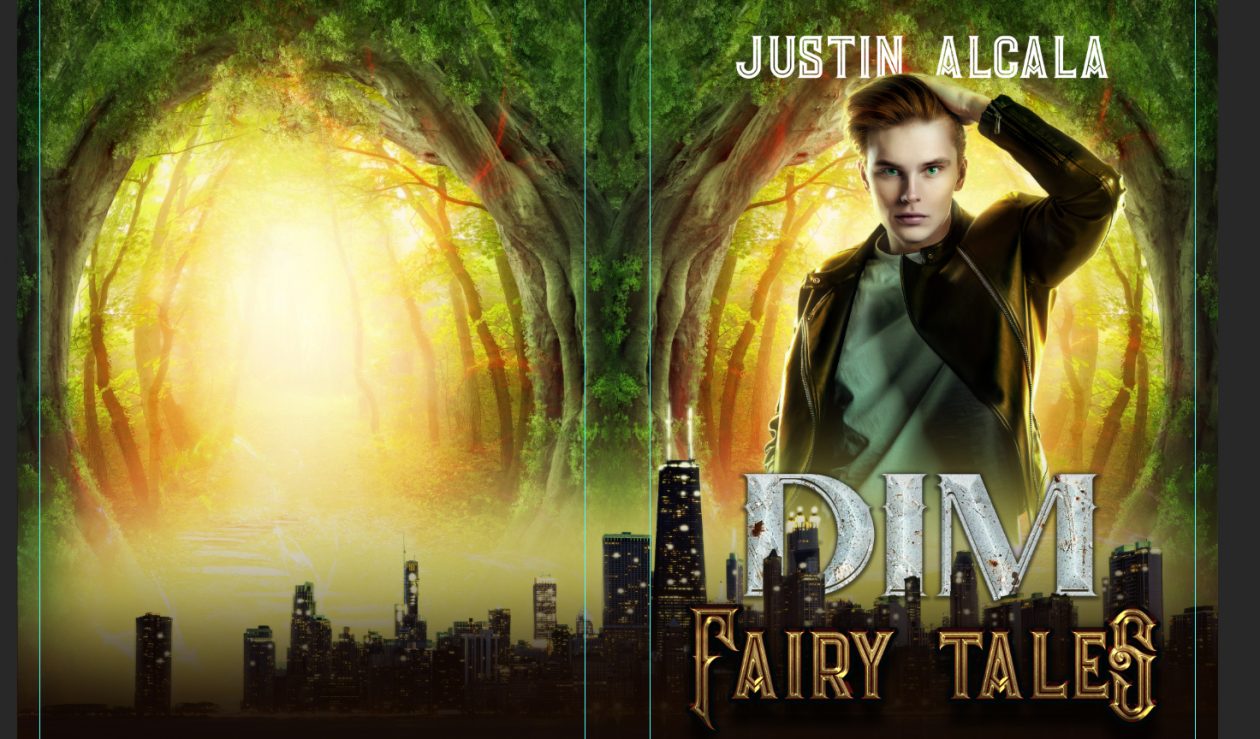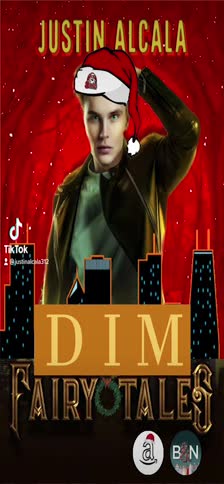Every six thirty a.m., a cacophony rends through the Alcala house. The Alcala family furiously brushes their teeth, toasts breakfast, and searches for the ever-absent school uniforms in laundry piles like snow skiers lost in an avalanche. Adults cycle coffee rounds in some futile attempt to supercharge focus, while they comb their hair, pack lunch, and don jackets. My favorite part of this traditional sunrise chaos, however, is getting my daughter into her car seat. While my wife hops from the front door to the car in a single high-heel, and our boys wave bye-bye through the window, I get to kiss my daughter on the head and repeat our morning mantra—Be smart, be kind, and be wise.
I always thought that I was saying this as some form of assurance for both my daughter and my parenting. No guardian wants to receive a harsh email saying their child was particularly hasty, cruel, or injudicious, and now cooled their heels within the corporal punishment pillory known as the timeout-fence. But lately, I noticed that this mantra wasn’t just for last-minute mentoring. It’s a stowaway lesson I learned when developing my work ethic as a writer, and it’s something I use to this day. Writers, in that shaken soda can of pragmatic ever-musing brain, often find ourselves conflicted with vocational dilemmas, and it requires looking at the problem intelligently, considerately, and sagely before moving forward.
When I took my first steps into authorship, I fixated on learning all there was to know about it. I’d worked in corporate hospitality, a field as exhilarating as sandpaper underwear, while trying to put myself through college, and the swollen agenda of a hotel supervisor moonlighting as a student taught certain survival skills. I developed a system for retaining copious amounts of training and education, and applying them perpetually as needed. It’s a masochistic method of obsession where you trick yourself into thinking you like what you’re doing, though eventually you’ll burn out like Icarus on a business class flight from ancient Crete to the Sun. So, when I changed my college major to English, I took in everything there was to learn about the writing world.
I reached out to accomplished authors, connected with veteran editors, and read every blog about being christened a bona fide author that the internet could provide. The results were sobering, as I realized I was likely not the next Stephen King, but rather another contestant in an overworked game show flooded with competitors. After a few pity-parties, I trekked on, all the while trying to be resourceful to gain an edge on the opposition. I compared publishing options, learned from first-time authors’ mistakes, and dedicated company work hours to perfecting my manuscript. After three years of canny diligence, a budding Indy publisher rewarded with my first contract.
Oh, the unadulterated ecstasy of triumph. I’d succeeded where less than one percent of first-time authors do by getting published. The contract was lacking, and the editing was subpar. The cover featured a protagonist who resembled a hunchbacked Jesus with a gun. Still, I’d done it, and I owed it all to my resourcefulness. I thought being sharp was the key to overcoming any obstacles in my next exploit. I’d lived off my wits for the first novel, and by God, I’d do it again. Only, that’s not what happened.
Over time, I wrote two more novels contracted by the same press before it closed. I’d be okay though. Justin Alcala was now an experienced author, giving me an edge. Only, this feisty, strung our writer guy I used to be fit like college jeans. This wasn’t who I aspired to be. I’d befriended writers who were creating some of their best works, or at least they had peace of mind with their writing, because they focused on developing the best story possible rather than beating out the competition. They advised I stop worrying about making a splash in the industry, and instead work on finding my voice. So, I tried to unwind, loosen up, and apply kindness to my career — not just with other writers, but myself. Before worrying about networking and marketing, I had to return to my original purpose for writing. I yearned to tell enjoyable stories with life lessons laced in Absinthe, irony, and distasteful humor. Any reader willing to pick up my books deserved it. So, I started practicing writing-kindness.
I joined a few writer’s groups and gave constructive criticism to those who wanted honest critiquing. I helped new authors edit their manuscripts. Most importantly, I started nurturing my work. I listened to my inner voice, the one that interprets how to bridge happiness with storytelling, and I think that’s when I wrote some pieces I enjoy most. Some readers agreed, and I started winning awards, grants, and competitions without any of the strain I’d endured when trying to be shrewd.
Fast forward to today. I’m a midlevel author looking back on the past while aspiring for the future. What have I learned? Maybe my writing career isn’t making blockbuster movies like twenty-five-year-old Justin Alcala pined for, but it’s also satisfying to be where I am. My hunchback Jesus stories gave way to entertaining books, and my understanding of the literary world allows me to stay afloat while cooking up that next fulfilling novel for my growing niche of fantastic readers. Perhaps the most important quality I learned is taking experience, rationality, and graciousness into consideration before making choices in this wild and baffling career we call writing.
There will be times when you need to prioritize what you’re working on, apply honesty to your manuscript, put effort into selling who you are, and learn more about the literary field. A veteran writer should know what a sticky paragraph is, what market penetration is, and what makes a good story. They should consider their audience, learn how to research literary agencies, and find what makes them a happy author. That’s the balance needed for this field. When you face a vocational problem in writing, know when to be smart, be kind, and be wise.







